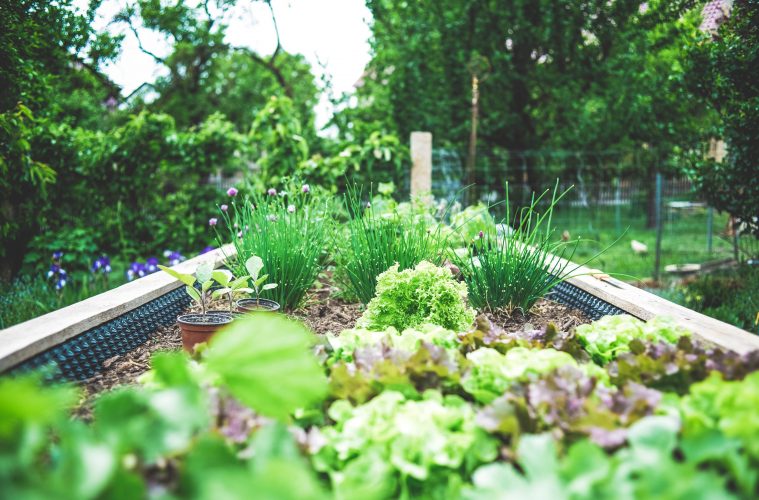As National Environmental Month commences in South Africa, Cape Town stands proudly at the forefront of sustainable development and environmental initiatives.
Recognised globally for its breathtaking landscapes and diverse ecosystems, the Mother City has become a shining example of a metropolis that prioritises ecological preservation.
Cape Town has embarked on a remarkable journey towards a greener future, from renewable energy projects to waste management strategies.
These are some of the key sustainability initiatives that make Cape Town a beacon of environmental consciousness.
Renewable energy and carbon neutrality
Cape Town has made significant strides in transitioning to renewable energy sources, aiming to become carbon neutral by 2050.
The city’s commitment to sustainability is demonstrated by the Cape Town Energy Efficiency Forum, which encourages energy-saving practices in households and businesses.
The landmark Atlantis Special Economic Zone has also emerged as a hub for renewable energy technologies, including solar and wind power, fostering innovation and attracting clean energy investments.
Water conservation and management
The severe drought experienced in recent years prompted Cape Town to implement water conservation measures that have revolutionised the way the city manages its water resources.
The ‘Day Zero’ crisis served as a wake-up call, leading to widespread behavioural changes and the adoption of innovative water-saving technologies.
Cape Town now boasts an array of initiatives, such as rainwater harvesting, grey-water systems and efficient irrigation methods, promoting sustainable water use and reducing the strain on local water supplies.
Biodiversity protection
Cape Town is home to an exceptional array of flora and fauna, making the preservation of biodiversity a top priority. The city’s biodiversity management plan focuses on protecting unique ecosystems, such as the Cape Floristic Region, a UNESCO World Heritage Site.
Additionally, efforts are underway to restore natural habitats, reintroduce endangered species and create urban green spaces to enhance the city’s biodiversity and provide residents with access to nature.
Waste management and recycling
To tackle the growing waste management challenge, Cape Town has implemented comprehensive recycling programmes and waste reduction strategies.
The City encourages separation at source, ensuring that recyclable materials are diverted from landfills. Furthermore, innovative projects like the Waste-to-Energy Facility in Athlone harness the potential of waste as a renewable energy source, providing sustainable solutions while reducing environmental impact.
Sustainable transportation
Cape Town recognises the importance of sustainable transportation in reducing carbon emissions and improving air quality. The city has invested in an extensive public transport system, including the MyCiTi bus network and integrated cycling lanes.
Moreover, initiatives like carpooling programmes and the promotion of electric vehicles aim to reduce the reliance on private cars and encourage greener alternatives for daily commuting.
ALSO SEE:
Feature image: Unsplash via Markus Spiske
Written by Lisa Abdullah for Getaway Magazine.

